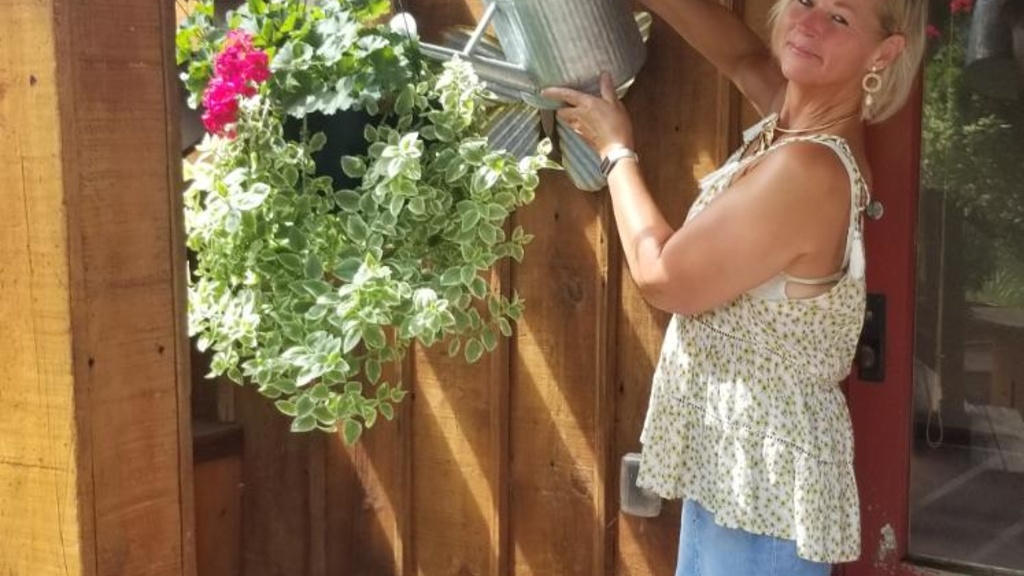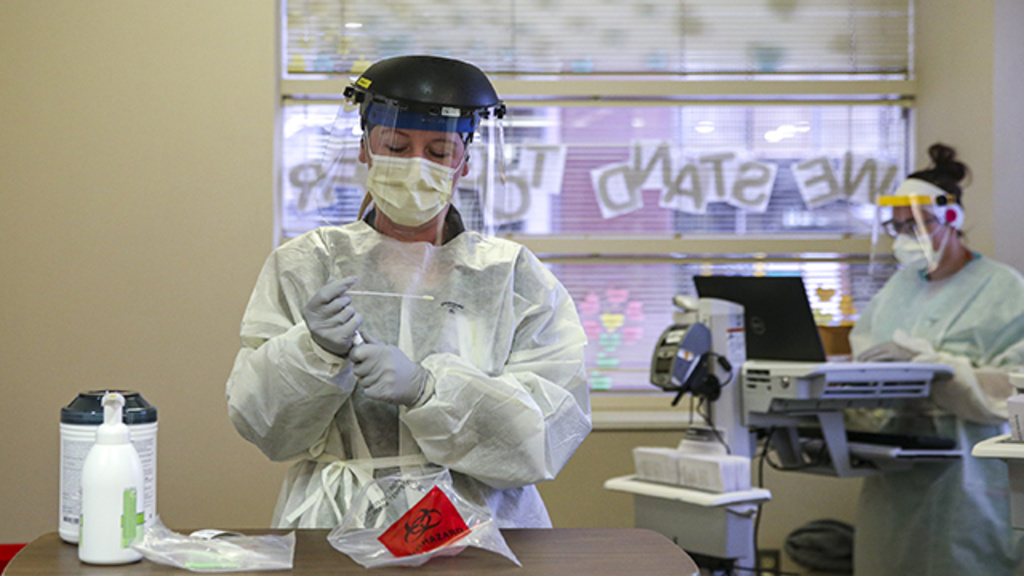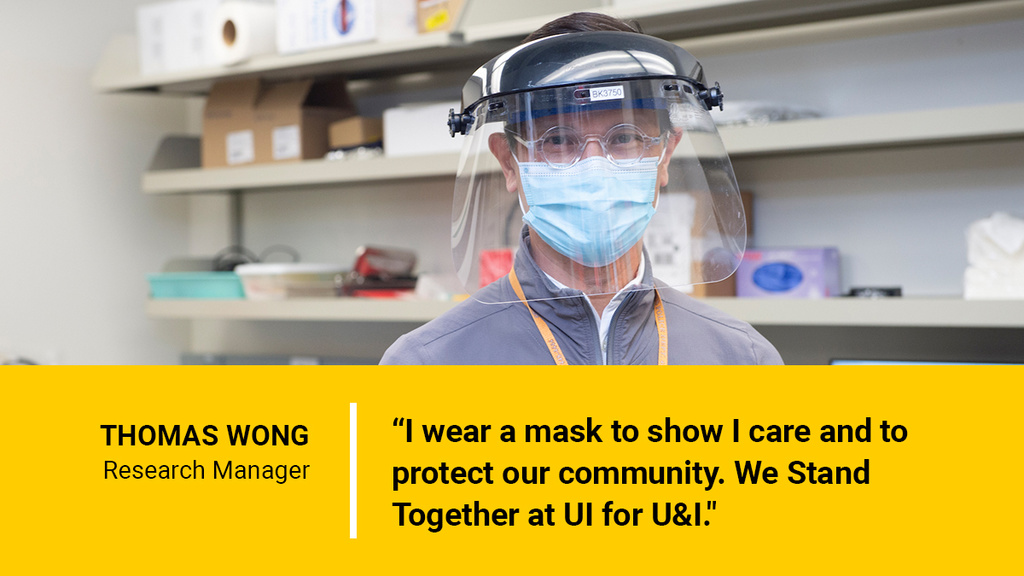Health Care
Doctors say flu shot important to prevent double infection with COVID-19
Tuesday, September 22, 2020
Doctors say controlling the spread of the flu will be even more important during the coronavirus pandemic to keep from overwhelming the health care system. COVID-19 can show unique symptoms like a lost sense of taste, but other symptoms like aches, fever, and difficulty breathing are the same as the flu. Dr. Katie Imborek is a family medicine physician with the University of Iowa Hospitals and...
Buckwalter Recognized as ‘Living Legend’
Thursday, September 17, 2020
The American Academy of Nursing officially designated five prominent nurse leaders as Living Legends—the Academy's highest honor. Among the five honorees is UI College of Nursing Professor Emeritus Kathleen (Kitty) Buckwalter.
St. Marie, Dawson Selected as Academy Fellows
Thursday, September 17, 2020
The American Academy of Nursing recently announced its selection of 230 highly distinguished nurse leaders as part of its 2020 Class of Academy Fellows. Among this extraordinary group of new fellows are University of Iowa College of Nursing faculty member Barbara St. Marie and University of Iowa Hospitals and Clinics’ Chief Nursing Officer Cindy Dawson.
How to Have Fun and Stay Safe During Fall Activities This Year—Including Trick-or-Treating
Thursday, September 17, 2020
Theresa Brennan, chief medical officer of UI Hospitals & Clinics, weighs in on the risks associated with fall activities and provides tips on how you can stay safe while COVID-19 is still a concern.
Peek-Asa study shows farmers need more time to get to trauma centers
Thursday, September 10, 2020
A study by Corinne Peek-Asa in the College of Public Health finds that farmers who are injured on the job take an hour longer to get to a trauma center because of the isolation of their jobs and distance EMTs must travel.


Campus health experts stress science, accuracy in COVID-19 testing methods
Monday, August 24, 2020
While saliva tests are getting increased media attention, the University of Iowa is following public health guidelines and using scientifically proven nasopharyngeal swabs to detect novel coronavirus.
Psychology professor explains people's actions during coronavirus pandemic
Wednesday, August 19, 2020
Edward Wasserman, professor in the Department of Psychological and Brain Sciences, writes a commentary about people's behaviors during the novel corona virus pandemic. Joined by another author in the piece for NBCNews.com, Wasserman says the human brain toggles between short-term, impulsive behaviors, and long-term perspectives.
Regent resolution praises State Hygienic Lab COVID-19 testing efforts
Tuesday, August 11, 2020
The State Hygienic Laboratory (SHL) was recognized by the Board of Regents, State of Iowa, at its recent meeting for its heroic handling of statewide testing for the coronavirus. At the board’s July 29 meeting, the board signed a resolution lauding the work of its three schools for their response following Iowa Gov. Kim Reynold’s declaration of a State of Public Health Disaster Emergency in March...
David Wiemer wins 2020 American Chemical Society Midwest Award
Tuesday, August 4, 2020
The American Chemical Society (ACS) has awarded University of Iowa Professor David F. Wiemer the 2020 ACS Midwest Award. The award, granted to scientists who have significantly contributed to the development of chemical research and education in the region, is granted annually by the ACS’s St. Louis section. Wiemer, who holds an F. Wendell Miller Professorship, joined the UI faculty in 1978. He...
Study finds injured farmers take an hour longer to get trauma care
Tuesday, August 4, 2020
A new study from the University of Iowa shows that farmers who suffer an on-the-job injury take more time to arrive at a hospital that provides the specialized trauma care they need than workers in other industries.

#MaskUpIA spreads awareness of the importance of face coverings during COVID-19
Wednesday, July 22, 2020
With a new rise in COVID-19 cases in Johnson County in late June, University of Iowa Health Care launched a face-covering campaign asking faculty, staff, students, and health care employees to show why wearing a face covering is important to them.
Pagination